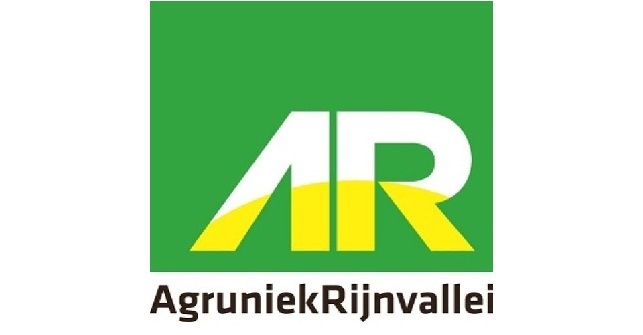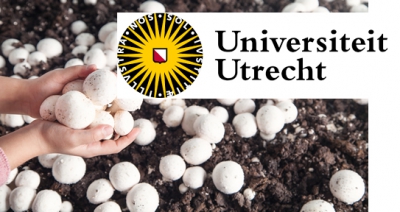Water can be purified using mushroom substrate: the mixture of fungal filaments and horse manure that remains after harvesting mushrooms. The substrate effectively decreases concentrations of pesticides and drugs in contaminated water.
Utrecht University researchers Brigit van Brenk, Han Wösten, and colleagues demonstrate this in a paper in the scientific journal Applied Microbiology and Biotechnology. The results show the potential of the substrate as a promising alternative to current water purification methods.
White button mushrooms (Agaricus bisporus) are grown on composted, sterilized horse manure. Grains containing the fungus are mixed into the compost, from which fungal filaments grow that fill the compost. Fruiting bodies of the fungus, mushrooms, eventually develop from this network of filaments.
But what to do with the substrate after the mushrooms are harvested? In the Netherlands, not much is done with the leftover waste: instead, large quantities are sent to Germany to be used as fertilizer. But couldn’t the substrate be put to better use
Enzymes
Van Brenk and her colleagues suspected that there might be a better way to use the substrate. Fungi that live off dead plant material, such as white button mushrooms, make enzymes to break down lignin. However, these enzymes are not highly specific, and it has been shown that they also break down substances other than lignin.
The researchers therefore decided to investigate the potential of using the leftover waste from mushroom cultivation to purify contaminated water. After all, concentrations of drug residues, pesticides and other harmful substances in surface water and groundwater are increasing, posing a threat to aquatic life forms. Moreover, existing methods of purifying water of such substances are expensive.
Please read the full article here.
Source: Utrecht University






















